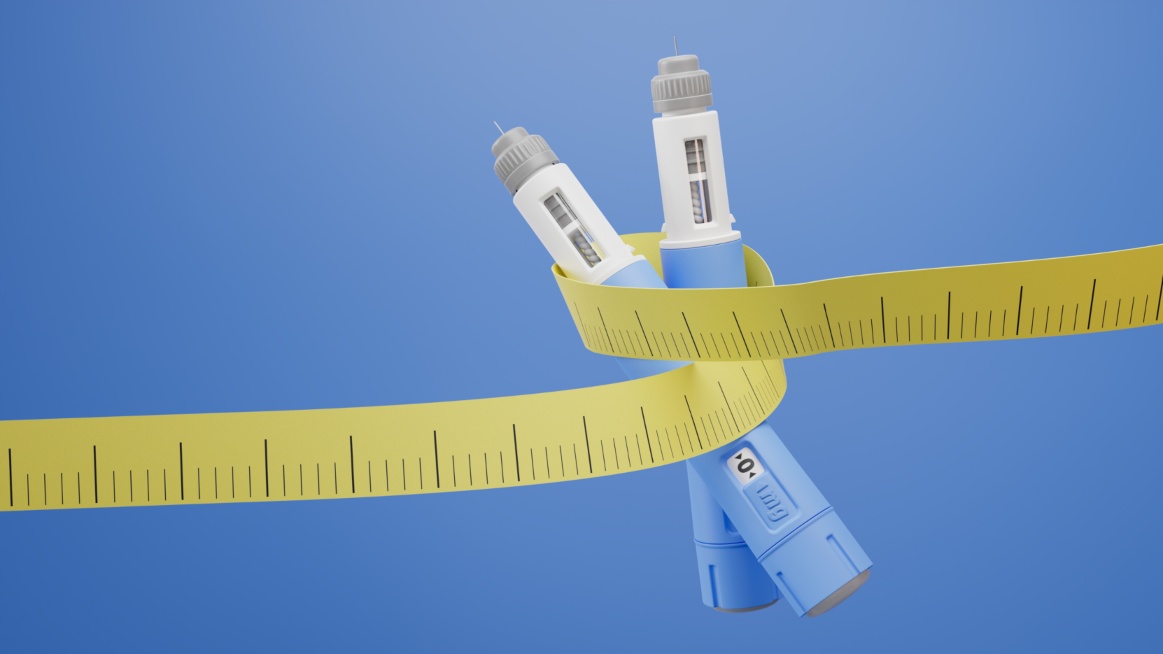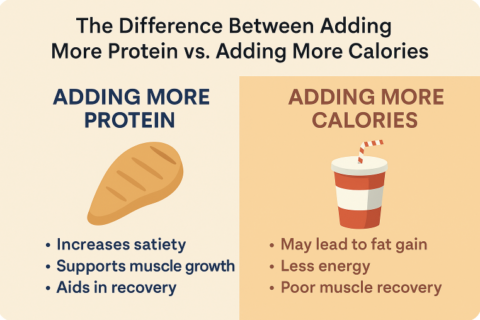A Personal Trainer’s 3 Main Perspectives on GLP-1’s and Fitness
In the dynamic world of health and fitness, the introduction of GLP-1 receptor agonists (examples: Ozempic, Wegovy, Zepbound, Mounjaro, Tirzeptide, Semaglutide) has been a significant breakthrough. Originally developed to help manage type 2 diabetes, these drugs have gained popularity for their weight loss benefits. As a personal trainer, I have observed the effects of these medications on both diabetics and individuals seeking to lose weight. While GLP-1 receptor agonists are undeniably effective, it is crucial to understand that they are not a substitute for a healthy diet and regular weight training.

GLP-1 for Diabetes: A Lifesaver
GLP-1 (glucagon-like peptide-1) receptor agonists, such as semaglutide and liraglutide, have transformed diabetes care. These medications improve blood sugar control by enhancing insulin secretion, slowing gastric emptying, and promoting satiety. For individuals with type 2 diabetes, this means better glycemic control and reduced risk of complications. A study published in The Lancet highlighted that semaglutide significantly lowers HbA1c levels and supports weight loss in diabetic patients .
GLP-1 for Weight Loss: A Cautious Approach
The weight loss potential of GLP-1 receptor agonists has attracted attention beyond the diabetic community. Clinical trials, such as those discussed in the New England Journal of Medicine, have demonstrated substantial weight loss in non-diabetic individuals using these drugs . However, this trend raises critical questions about the broader implications for health and fitness.
While GLP-1 receptor agonists can help initiate weight loss, they are not a panacea. Relying solely on medication without addressing underlying lifestyle habits can lead to unsustainable results. Effective long-term weight management requires a balanced approach that includes proper nutrition and regular physical activity.
The Essential Role of Diet and Weight Training

Whether used for diabetes management or weight loss, the importance of maintaining a healthy diet and engaging in weight training cannot be overstated. Here’s why:
- Preservation of Muscle Mass: Weight training is crucial for preserving muscle mass, which can be compromised during weight loss. A study in Obesity Reviews found that combining resistance training with weight loss interventions helps mitigate the loss of lean body mass . Muscle is metabolically active, and preserving it is vital for maintaining a healthy metabolism.
- Bone Health: Weight-bearing exercises, including weight training, are essential for maintaining bone density. Rapid weight loss, particularly without exercise, can lead to a reduction in bone mass. Research published in The Journal of Clinical Endocrinology & Metabolism supports the role of resistance training in promoting bone health during weight loss .
- Cardiovascular Health: Regular physical activity, including both aerobic and resistance training, is critical for cardiovascular health. Exercise improves heart function, reduces blood pressure, and enhances overall cardiovascular fitness. According to the American Heart Association, combining diet, exercise, and medication provides the best outcomes for heart health .
- Sustainable Lifestyle Changes: Developing healthy eating habits and a consistent exercise routine fosters long-term health. While GLP-1 receptor agonists can aid in initial weight loss, sustainable changes are necessary for continued success. A study in The American Journal of Clinical Nutrition emphasizes the importance of diet quality and physical activity for long-term weight maintenance .
- Mental and Emotional Well-being: Physical activity has well-documented benefits for mental health, including reducing symptoms of depression and anxiety, improving mood, and enhancing overall quality of life. These benefits, critical for holistic well-being, cannot be achieved through medication alone. Research by the National Institutes of Health highlights the positive effects of exercise on mental health .
As a personal trainer, I recognize the significant benefits that GLP-1 receptor agonists offer, especially for those managing diabetes. However, for individuals using these drugs for weight loss, it is essential to view them as part of a broader strategy that includes healthy eating and regular exercise. Sustainable weight management and overall health cannot be achieved through medication alone. Diet and weight training play indispensable roles in preserving muscle mass, supporting metabolic health, and ensuring long-term success. Embracing a holistic approach will ultimately lead to better health outcomes and a higher quality of life.


